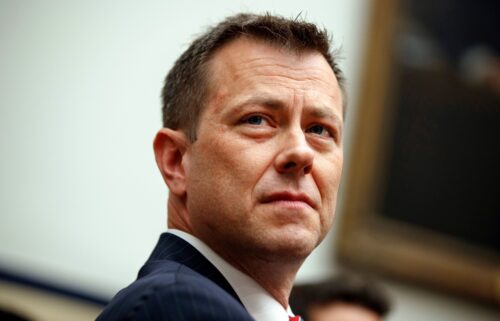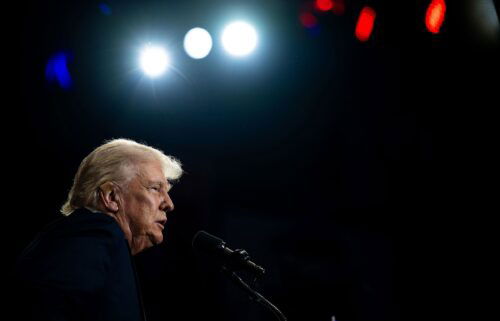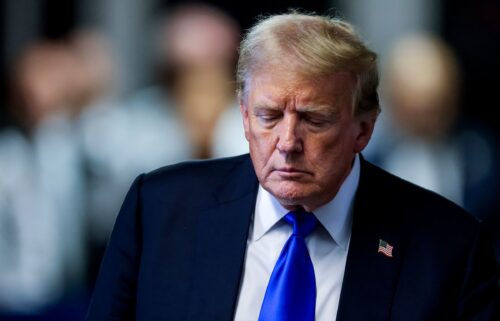Supreme Court to take up Biden ‘good neighbor’ smog and climate rule
(CNN) — The Supreme Court on Wednesday agreed to hear a challenge from Republican-led states and industry groups to block the Biden administration’s implementation of the so-called good neighbor rule – a regulation to reduce smog and air pollution.
The court set oral arguments for February.
The group of Republican-led states, fossil fuel industry groups and electric utilities filed an emergency request with the Supreme Court last month, asking it to block the Environmental Protection Agency’s regulation to cut down on harmful smog and air pollution that wafts downwind and across state lines.
The Clean Air Act requires the EPA to occasionally review and revise the interstate pollution rule to make sure it aligns with the latest health guidelines and science. President Joe Biden’s EPA strengthened the rule in March under a court-ordered deadline, after it languished without update during the Trump administration.
US Solicitor General Elizabeth Prelogar argued in court papers that the rule is a “reasonable exercise of the EPA’s authority under the Clean Air Act and is not arbitrary, capricious or otherwise contrary to law.”
This latest revision required 23 states that weren’t meeting the requirements to adhere to the rule, which prevents smog and air pollution from power plants and heavy industry from floating into other states and worsening air quality. For instance, if one state generating ozone and smog through its coal-fired power plants sends these pollutants into another neighboring state, it could be in violation of the rule.
The rule is being challenged in multiple courts, but so far none of those cases have successfully blocked it. In their application to the Supreme Court, the Republican states and industry groups say the Biden EPA plan threatens the reliability of the nation’s electric grid.
“The plan inflicts irreparable, economic injuries on the States and others every day it remains in effect,” petitioners wrote in their filing last month. “Worse still, the plan is likely to cause electric-grid emergencies, as power suppliers strain to adjust to the federal plan’s terms. To prevent these harms, the Court should step in now.”
To adhere to the updated rule, heavy industry and power plants will need to be outfitted with specialized pollution control equipment and run it throughout peak ozone season, which varies state to state. The rule is part of a suite of EPA rules that both cut down on pollution that can be harmful to human health, but also have the effect of cutting down on planet-warming pollution from coal-fired power plants.
The request for the Supreme Court to intervene had been waiting for a resolution for nearly two months, noted Steve Vladeck, CNN Supreme Court analyst and professor at the University of Texas School of Law.
“Setting the ‘good neighbor’ applications for oral argument probably reflects an internal compromise among the justices as to how to deal with these thorny environmental law questions, which might explain why it took the Court seven weeks to agree to even this much,” he said.
“It’s only the third time since 1971 that the Court is hearing argument on this kind of emergency request – and perhaps a concession to some recent criticisms of the kinds of decisions the Court has been handing down without argument or a written opinion,” Vladeck added.
This story has been updated with additional details.
The-CNN-Wire
™ & © 2023 Cable News Network, Inc., a Warner Bros. Discovery Company. All rights reserved.



